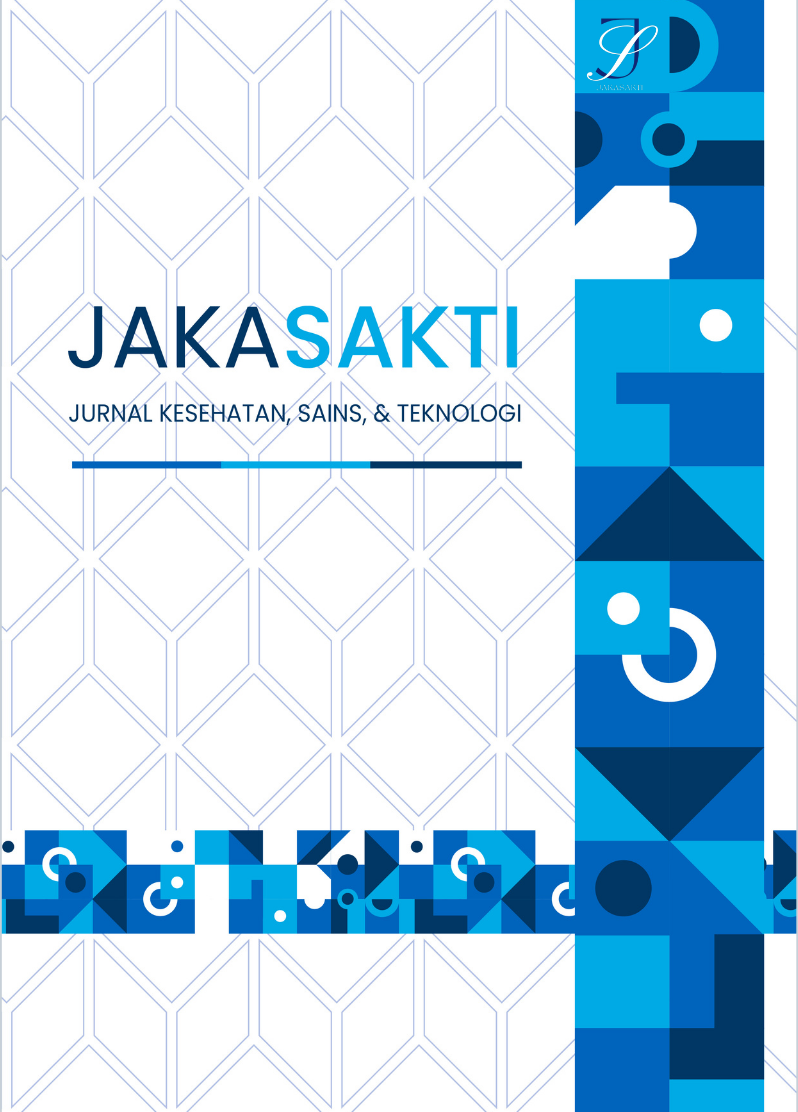The Potential Development of Pararem for Tobacco Control in Dalung Village Badung Regency
Main Article Content
Abstract
Places of worship and public spaces are areas located within traditional village environments and are regulated under the No Smoking Area (KTR) Regional Regulation at both the Bali Province and Badung Regency levels. Most community activities, particularly among the Balinese population, take place within traditional village settings. This study aims to explore the potential for developing pararem (customary rules) to control the dangers of smoking in Dalung Village, an urban-area village with various activities held in places of worship and public spaces. This qualitative research explores the potential for developing Pararem to control smoking hazards in Dalung Village. Community leaders in Dalung stated that smoking is still frequently observed during religious ceremonies and public activities in the village. All respondents perceived that smoking behavior in the community negatively impacts the health of non-smokers. Pararem has strong potential to be developed as a more binding and respected form of smoking control in villages. With support from the government, relevant institutions, and academics, the development of pararem can begin. However, the process of formulating and aligning it with the provisions of the awig-awig (village customary laws) requires a lengthy process and consensus from village residents.
Article Details

This work is licensed under a Creative Commons Attribution-NonCommercial-ShareAlike 4.0 International License.
![]()
This work is licensed under a Creative Commons Attribution-NonCommercial-ShareAlike 4.0 International License.
References
Arliman L. Hukum Adat di Indonesia dalam Pandangan Para Ahli dan Konsep Pemberlakuannya di Indonesia. 2018;5(2):2354–8649. Tersedia pada: http://ojs.umrah.ac.id/index.php/selat
Bali Tobacco Control Initiative. Serial Survey Kepatuhan Terhadap Perda KTR Provinsi Bali. 2015.
Braveman, P., Egerter, S., & Williams, D. R. (2011). The social determinants of health: coming of age. Annual Review of Public Health, 32, 381–398.
Cialdini, R. B., Reno, R. R., & Kallgren, C. A. (1990). A focus theory of normative conduct: recycling the concept of norms to reduce littering in public places. Journal of Personality and Social Psychology, 58(6), 1015–1026.
Creswell JW. Research Design Qualitative, QuantitatiVe, and Mixed Methods Approaches. Third Edition. California: ©SAGE publications Thousand Oaks California; 2019.
I Wayan Puja Wahana. Upaya Pengendalian Penduduk Pendatang berbasis Awig-Awig Desa Adat Denpasar (Studi di Desa Dauh Puri Kauh, Banjar Adat Sebelanga Denpasar Barat). 2022;
Kementerian Kesehatan, CDC, WHO. Global Adult Tobacco Survey Fact Sheet Indonesia 2021 GATS Objectives. 2021.
Kementerian Kesehatan. Riset Kesehatan Dasar Nasional. 2018.
Kementerian Kesehatan. Riset Kesehatan Dasar Provinsi Bali.
Kusmana A, Kemenkes Tasikmalaya P. Studi Kearifan Lokal (Local Wisdom) Larangan Merokok di Kawasan Pariwisata Religi Syeh Abdul Muhyi. E-Indonesian Journal of Health and Medical [Internet]. 2021;1. Tersedia pada: http://ijohm.rcipublisher.org/index.php/ijohm
Lapinski, M. K., & Rimal, R. N. (2005). An explication of social norms. Communication Theory, 15(2), 127–147.
Nichter, M., Padmawati, R. S., Danardono, M., Ng, N., & Prabandari, Y. S. (2009). Smoking among Indonesian boys: constructing masculinity, maintaining health. Social Science & Medicine, 69(5), 730–737.
Pranata S, Fauziah Y, Budisuari MA, Kusrini I, Penelitian B, Kesehatan DP. Pokok - pokok Hasil Riset Kesehatan Dasar Riskesdas 2013 Provinsi Bali [Internet]. 2013. Tersedia pada: www.litbang.depkes.go.id.
Pusat Promosi Kesehatan Kementerian Kesehatan Republik Indonesia. Pedoman Pengembangan Kawasan Tanpa Rokok. Pusat Promosi Kesehatan, Kementerian Kesehatan Republik Indonesia. 2011.
Suarjana K, Mulyawan KH, Duana MK, Kurniati NM, Dewi KRA. Social Norms and Potency of Local Wisdom as A Social Enforcement of Smoking Behavior. Kemas. 2022;17(3):342–53.
Suryani, L. K., Lesmana, C. B. J., & Tiliopoulos, N. (2018). Integrating modern psychiatric treatment with traditional healing in Bali, Indonesia. Transcultural Psychiatry, 48(4), 627–643.
Verplanken, B., & Wood, W. (2006). Interventions to break and create consumer habits. Journal of Public Policy & Marketing, 25(1), 90–103.
Wayan P Windia dan Ketut Sudantra. Pengantar Hukum Adat Bali. Lembaga Dokumentasi dan Publikasi Fakultas Hukum Universitas Udayana, Denpasar; 2016.
WHO. Tubuh Tembakau. 2019.
Wiwin, W., Mahmudiono, T., & Setyowati, E. (2021). The Role of Traditional Leaders and Adat Rules in Encouraging Community Participation for Sustainable Sanitation. Kesmas: Jurnal Kesehatan Masyarakat Nasional, 16(1), 10–16.
World Health Organization (WHO). (2019). WHO report on the global tobacco epidemic 2019: Offer help to quit tobacco use. Geneva: World Health Organization.
